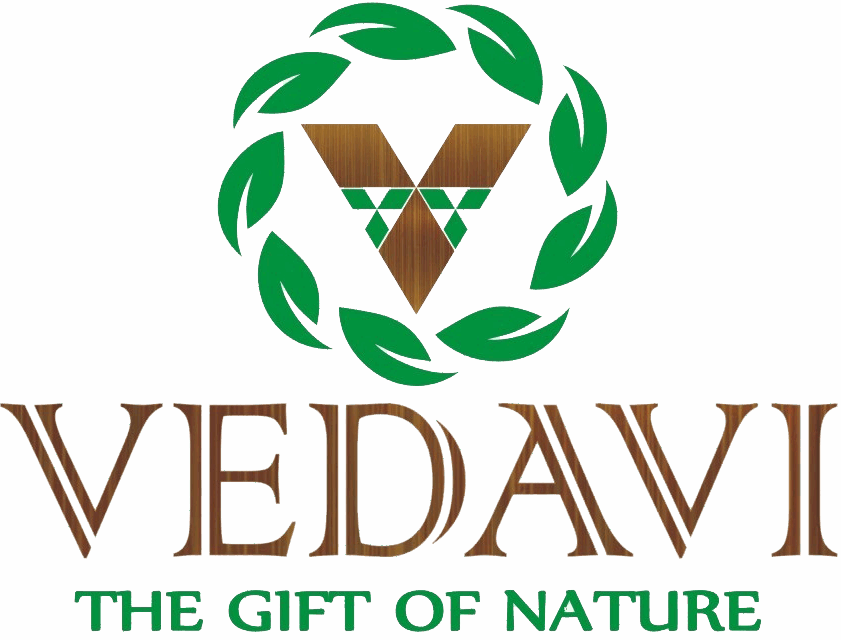'
SKIN CARE HERBAL TEA | ||
|---|---|---|
| S.N. | INGREDIENTS | References and Studies on Herbs for Skin Care |
| 1 | AMLA |
Amla (Emblica officinalis) Amla is renowned for its high vitamin C content and antioxidant properties, which make it beneficial for skin care. It helps in collagen production, reducing signs of aging, and improving skin elasticity. It also aids in reducing pigmentation and brightening the skin. Book Reference: Indian Materia Medica by Dr. K.M. Nadkarni The Ayurvedic Pharmacopoeia of India Research and Journals: Baliga, M. S., et al. "Phytochemistry, traditional uses and pharmacology of Emblica officinalis (Amla)." Food Research International 44.7 (2011): 1776-1781. Suryawanshi, S. "A Review of Emblica officinalis as an Ameliorative Approach in Delaying Skin Ageing." Research Journal of Topical and Cosmetic Sciences 7.2 (2016): 53-57. |
| 2 | ASHOK BARK |
Ashok Bark (Saraca asoca) Ashok bark is known for its astringent properties and ability to heal wounds, making it beneficial for skin conditions. Book Reference: Medicinal Plants of India by Indian Council of Medical Research Research and Journals: Chaudhary, V., et al. "Pharmacognostical and phytochemical evaluation of Saraca asoca (Roxb.) de Wilde leaves." Journal of Pharmacognosy and Phytochemistry 3.3 (2014): 126-133. |
| 3 | BACOPA MONNIERI |
Bacopa Monnieri (Brahmi) Bacopa Monnieri has anti-inflammatory and antioxidant properties, which help in soothing the skin and reducing oxidative stress. Book Reference: Herbs That Heal: Natural Remedies for Good Health by H.K. Bakhru br Research and Journals: Russo, A., et al. "Bacopa monnieri: A review of its neuropharmacological properties." Current Neuropharmacology 11.2 (2013): 144-149. |
| 4 | BAKUCHIOL |
Bakuchiol Bakuchiol is a natural alternative to retinol and has anti-aging benefits without the associated irritation. Research and Journals: Dhaliwal, S., et al. "Prospective, randomized, double-blind assessment of Bakuchiol and retinol for facial photoageing." British Journal of Dermatology 180.2 (2019): 289-296. |
| 5 | CHAMOMILE |
Chamomile Chamomile has soothing and anti-inflammatory properties, making it effective for calming irritated skin. Book Reference: The Complete German Commission E Monographs: Therapeutic Guide to Herbal Medicines by Mark Blumenthal Research and Journals: Srivastava, J. K., et al. "Chamomile: A herbal medicine of the past with bright future." Molecular Medicine Reports 3.6 (2010): 895-901. |
| 6 | TEA LEAVES |
Tea Leaves Tea leaves are rich in antioxidants and are effective in reducing inflammation and acne. Research and Journals: Katiyar, S. K. "Green tea and skin cancer: photoimmunology, angiogenesis and DNA repair." Journal of Nutritional Biochemistry 22.3 (2011): 239-246. |
| 7 | GUDUCHI |
Guduchi (Tinospora cordifolia) Guduchi has detoxifying and antioxidant properties that benefit the skin. Research and Journals: Singh, N., et al. "A pharmacological review of natural memory enhancing drugs." International Journal of Pharmaceutical Sciences and Research 2.5 (2011): 1216-1227. |
| 8 | MORINGA |
Moringa Moringa is rich in vitamins and provides anti-aging benefits by promoting collagen production. Book Reference: The Miracle Tree: The Multiple Attributes of Moringa by Lowell Fuglie Research and Journals: Tiloke, C., et al. "The antiproliferative effect of Moringa oleifera crude aqueous leaf extract on cancerous human alveolar epithelial cells." BMC Complementary and Alternative Medicine 13.1 (2013): 226. |
| 9 | NETTLE |
Nettle Nettle has anti-inflammatory properties that help in reducing skin irritation and acne. Research and Journals: Yarnell, E., et al. "Nettle leaf (Urtica dioica): Hormonally active constitents and their use in treating different conditions." Journal of Restorative Medicine 4.1 (2015): 1-14. |
| 10 | PEPPERMINT |
Peppermint Peppermint has a cooling effect and antimicrobial properties beneficial for treating acne. Book Reference: The Complete Guide to Herbal Medicines by Charles W. Fetrow Research and Journals: McKay, D. L., et al. "A review of the bioactivity and potential health benefits of peppermint tea (Mentha piperita L.)." Phytotherapy Research 20.8 (2006): 619-633. |
| 11 | ROSE PETALS |
Rose Petals Rose petals are rich in antioxidants and have anti-inflammatory properties. Research and Journals: Ahuja, I., et al. "Evaluation of bioactive properties and pharmacological activities of Rosa damascena for cosmetic and skin care applications." Journal of Applied Pharmaceutical Science 9.2 (2019): 77-83. |
| 12 | ROSEMARY |
Rosemary Rosemary has antimicrobial properties and improves circulation for a healthy complexion. Research and Journals: Peng, Y., et al. "Rosemary (Rosmarinus officinalis L.) leaf extract as a potential anti-inflammatory agent for skin care." Journal of Medicinal Food 17.3 (2014): 289-298. |
| 13 | TURMERIC |
Turmeric Turmeric has strong anti-inflammatory and antioxidant properties, beneficial for treating acne and hyperpigmentation. Book Reference: The Ayurvedic Pharmacopoeia of India Research and Journals: Kulac, M., et al. "Anti-inflammatory and antioxidant activities of curcumin and its solvent in ethanol." Journal of Basic and Clinical Pharmacy 4.1 (2013): 1-6. |
| 14 | STEVIA |
Stevia Stevia has anti-inflammatory and antibacterial properties, useful for treating acne and soothing irritated skin. Research and Journals: Chatsudthipong, V., et al. "Stevioside and related compounds: Therapeutic benefits beyond sweetness." Pharmacology & Therapeutics 121.1 (2009): 41-54. |
Our Product
-
10% OFF
Sale!
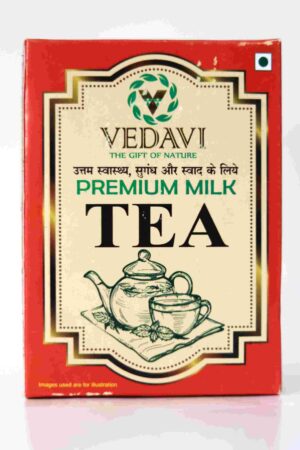
Premium Milk Tea
₹250.00₹225.00 -
1% OFF
Sale!
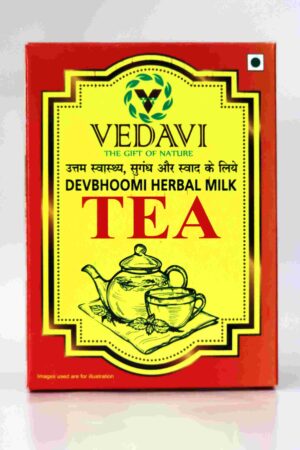
Devbhoomi Herbal Milk Tea
₹350.00₹345.00 -
10% OFF
Sale!
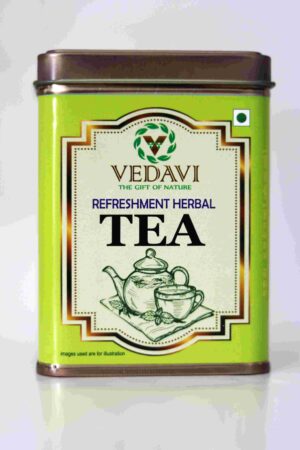
Refreshment Herbal Tea
₹650.00₹585.00 -
10% OFF
Sale!
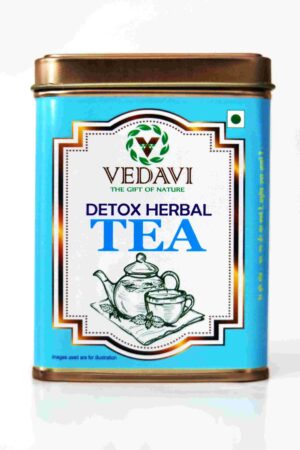
Detox Herbal Tea
₹650.00₹585.00 -
2% OFF
Sale!
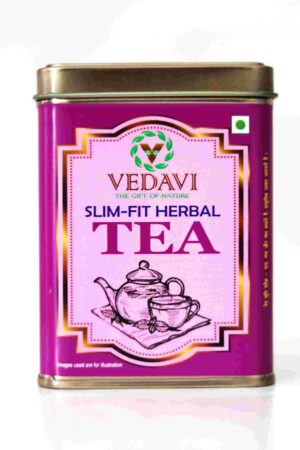
Slim-Fit Herbal Tea
₹650.00₹635.00 -
10% OFF
Sale!
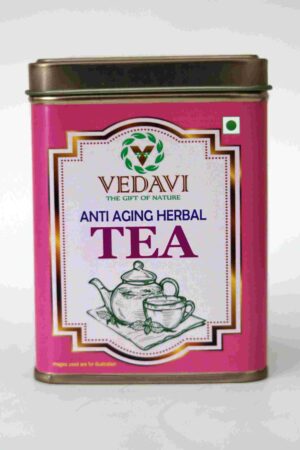
Anti Aging Herbal Tea
₹650.00₹585.00 -
2% OFF
Sale!
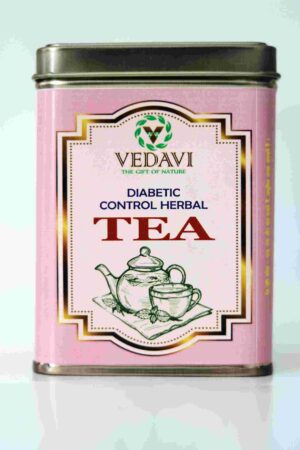
Diabetic Control Herbal Tea
₹650.00₹635.00 -
2% OFF
Sale!
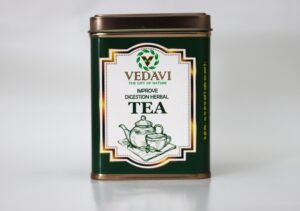
Improve Digestion Herbal Tea
₹650.00₹635.00 -
10% OFF
Sale!
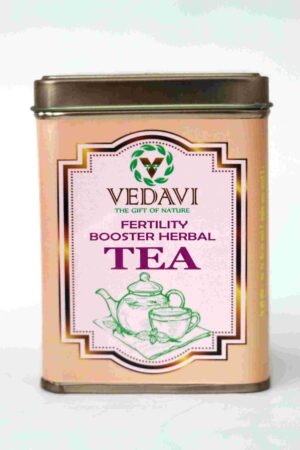
Fertility Booster Herbal Tea
₹650.00₹585.00 -
10% OFF
Sale!
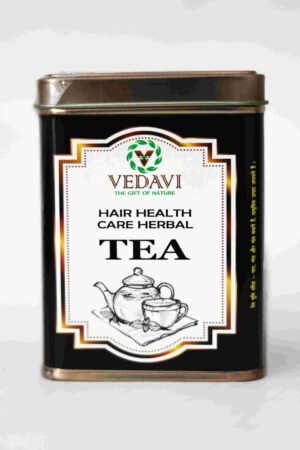
Hair Health Care Herbal Tea
₹650.00₹585.00 -
10% OFF
Sale!
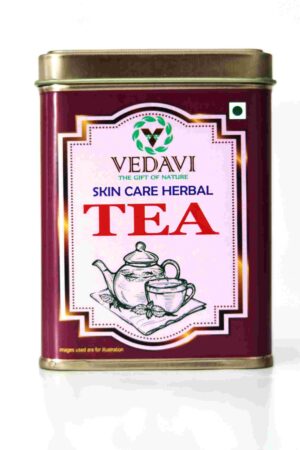
Skin Care Herbal Tea
₹650.00₹585.00 -
2% OFF
Sale!
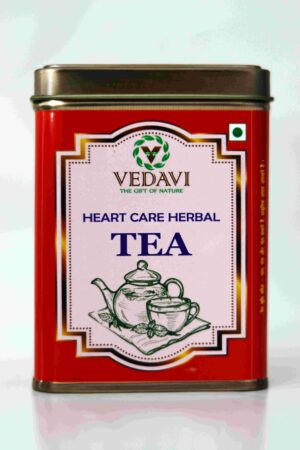
Heart Care Herbal Tea
₹650.00₹635.00 -
2% OFF
Sale!
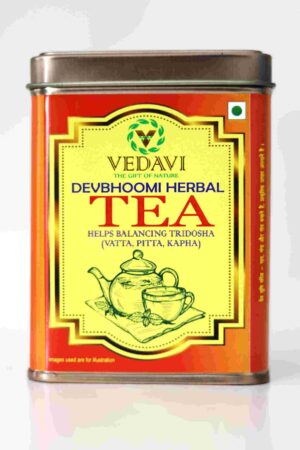
Devbhoomi Herbal Tea
₹650.00₹635.00 -
2% OFF
Sale!
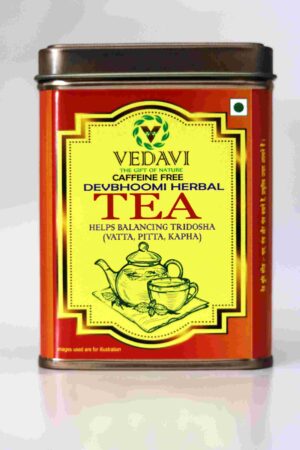
Devbhoomi Herbal Tea (Caffeine Free)
₹650.00₹635.00
